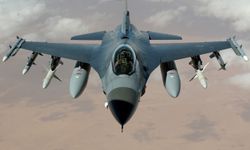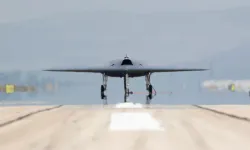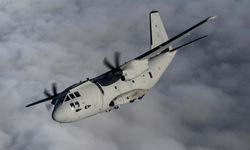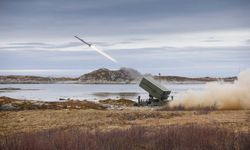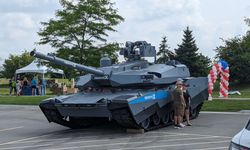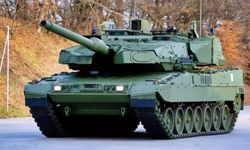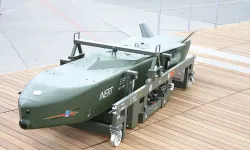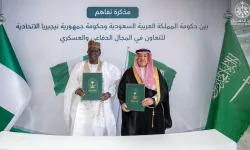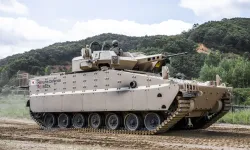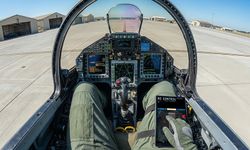L3Harris Technologies has been selected by the Republic of Korea to provide modified Bombardier Global 6500 aircraft for its Airborne Early Warning and Control (AEW&C) program, under a contract valued at over $2.26 billion.
The program involves collaboration between L3Harris, Bombardier, Israel Aerospace Industries’ ELTA Systems, and Korean Air to deliver advanced airborne surveillance and command capabilities for the Republic of Korea Air Force (ROKAF).
The Global 6500-based AEW&C aircraft will feature longer endurance, higher operating altitudes, and improved radar coverage for early detection and tracking of potential threats. Its communication systems will enable interoperability with U.S., NATO, and other coalition forces, enhancing Korea’s participation in networked defense operations.
“L3Harris is ready to deliver an advanced aircraft fleet that will strengthen mission effectiveness for a key American ally in the Indo-Pacific region,” said Christopher Kubasik, Chair and CEO of L3Harris. “We look forward to collaborating with the Republic of Korea to develop, test, integrate and sustain this vital capability for years to come.”
Bombardier President and CEO Éric Martel added, “We are extremely pleased that the Bombardier Global 6500 will help the Republic of Korea Air Force defend its borders with L3Harris’ solution. Amid rising geopolitical tensions, this aircraft is the go-to choice for governments seeking to modernize their capabilities, with the reliability and performance to support demanding missions.”
IAI President and CEO Boaz Levy highlighted the partnership’s technological focus: “Our team’s strategic special mission aircraft integrates innovative solutions and proven expertise, such as sensor miniaturization and advanced AESA radar technology, coupled with advanced detection and classification capabilities that enable success even in the most challenging missions.”
Korean Air’s Head of Aerospace Division, Jin Kyu Lim, stated that the company will play a key role in modification, integration, and maintenance. “As a leader in the domestic aerospace industry, we are committed to building a robust special mission aircraft sector and contributing to the nation’s defense capabilities,” he said.
Korean industry will lead in operating and maintaining the program, with potential future participation in manufacturing and system sustainment.

